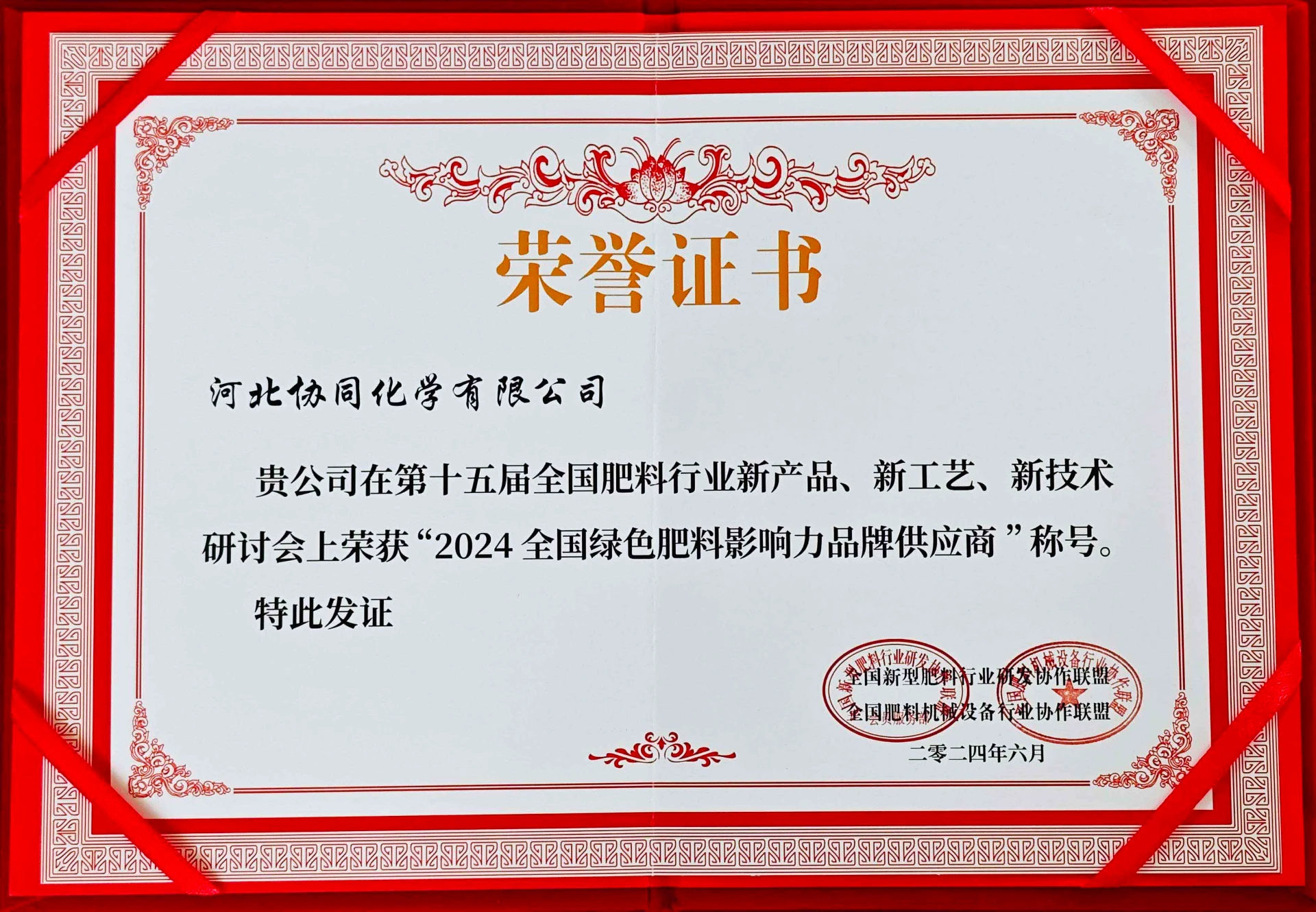
News
Жел . 26, 2024 07:11 Back to list
ascorbic acid chelating agent
The Role of Ascorbic Acid as a Chelating Agent
Ascorbic acid, more commonly known as vitamin C, is a powerful antioxidant that plays a vital role in many biochemical processes in the human body. Beyond its well-recognized functions in immune support and collagen synthesis, ascorbic acid also serves as an effective chelating agent, making it a valuable component in various applications, from food preservation to medical therapies.
What is Chelation?
Chelation is a chemical process in which a compound binds to metal ions, forming a stable complex that reduces the metal's reactivity. This process is crucial for detoxifying heavy metals from the body, enhancing mineral absorption, and preventing the detrimental effects of metal ions in biological systems. Chelating agents can bind to elements such as lead, mercury, and cadmium, rendering them less harmful and promoting their excretion from the body.
Mechanism of Action
Ascorbic acid has a unique structure that allows it to act effectively as a chelating agent. The presence of hydroxyl groups (-OH) and carbonyl groups in its molecular structure permits ascorbic acid to form chelate complexes with various metal ions. When ascorbic acid encounters metal ions, it can donate electron pairs to form coordinate bonds. This interaction effectively stabilizes the metal ions, preventing them from participating in harmful reactions that could produce free radicals or other oxidative species.
The chelating capability of ascorbic acid is particularly notable with transition metals such as iron and copper, both of which play essential roles in biological processes but can also contribute to oxidative stress in excess. By sequestering these metals, ascorbic acid maintains their homeostasis while simultaneously protecting tissues from oxidative damage.
Applications in Food Preservation
The food industry has widely embraced the use of ascorbic acid for its chelating properties. In food preservation, ascorbic acid is often employed to inhibit the oxidation of food products, particularly in fruits and vegetables. By chelating metal ions that catalyze oxidative reactions, ascorbic acid helps maintain the color, flavor, and nutritional quality of foods. For example, when added to fresh-cut fruits, ascorbic acid effectively reduces browning reactions that can occur due to the activity of polyphenol oxidase in the presence of oxygen.
ascorbic acid chelating agent

Moreover, ascorbic acid has been used as a natural preservative, helping to extend shelf life without the need for synthetic additives. This aspect has gained traction among consumers who prefer cleaner, more natural food products.
Medicinal Applications
In the realm of medicine, ascorbic acid’s role as a chelating agent has been investigated for the treatment of heavy metal poisoning. By facilitating the removal of toxic metals through chelation, ascorbic acid can assist in detoxification protocols. Research has shown that it can be utilized in conjunction with other chelating agents to enhance their effectiveness and reduce the side effects associated with heavy metal chelation.
Additionally, in conditions like Wilson's disease, where copper accumulates in the body, ascorbic acid can help mitigate copper's toxic effects by hastening its excretion.
Limitations and Considerations
Despite its effectiveness, the use of ascorbic acid as a chelating agent is not without limitations. The stability of the metal-ascorbic acid complex can vary based on pH, temperature, and the presence of other compounds. In certain contexts, the efficacy of ascorbic acid may be compromised, necessitating the use of complementary chelating agents.
Moreover, while ascorbic acid can bind to beneficial metals, such as iron, excessive intake can potentially lead to deficiencies in these important nutrients. Therefore, careful consideration is necessary to balance the therapeutic benefits of chelation with the overall nutritional status of individuals.
Conclusion
Ascorbic acid stands out as a versatile and effective chelating agent with applications spanning food preservation and medical treatments. Its ability to bind metal ions while mitigating oxidative stress makes it a valuable asset in promoting health and maintaining the integrity of various products. Continued research into its chelation properties may unveil further benefits and innovative applications that harness this essential vitamin’s unique capabilities. As awareness of the importance of chelation therapy and natural preservatives grows, ascorbic acid will undoubtedly reaffirm its place as a critical component of health and nutrition.
-
OEM Chelating Agent Preservative Supplier & Manufacturer High-Quality Customized Solutions
NewsJul.08,2025
-
OEM Potassium Chelating Agent Manufacturer - Custom Potassium Oxalate & Citrate Solutions
NewsJul.08,2025
-
OEM Pentasodium DTPA Chelating Agent Supplier & Manufacturer High Purity & Cost-Effective Solutions
NewsJul.08,2025
-
High-Efficiency Chelated Trace Elements Fertilizer Bulk Supplier & Manufacturer Quotes
NewsJul.07,2025
-
High Quality K Formation for a Chelating Agent – Reliable Manufacturer & Supplier
NewsJul.07,2025
-
Best Chelated Iron Supplement for Plants Reliable Chelated Iron Fertilizer Supplier & Price
NewsJul.06,2025
